Shattering Stigmas: Awareness Campaigns for Mental Health
In a world where progress and innovation seem to be at the forefront of societal conversations, there remains a lingering shadow of stigma surrounding mental health.
You may have noticed the increasing prevalence of awareness campaigns aiming to challenge these stigmas and promote understanding and empathy for those struggling with mental health issues.
These campaigns, often fueled by the power of social media movements and community events, are making strides in reshaping the narrative around mental health.
But what exactly are the strategies behind these movements, and how effective are they in fostering genuine acceptance and support?
The Power of Social Media Movements
Social media movements have significantly amplified the reach and impact of awareness campaigns for mental health. Platforms like Instagram, Twitter, and Facebook have provided a space for individuals to share their personal stories, connect with others facing similar struggles, and access valuable resources. Through the use of hashtags and viral challenges, such as #EndTheStigma and #MentalHealthMatters, these movements have sparked important conversations and garnered widespread attention.
By harnessing the power of social media, organizations and individuals have been able to raise awareness about mental health in ways that were previously unimaginable. The ability to share information instantly and engage with a global audience has proven to be a game-changer in breaking down barriers and fostering understanding.
Moreover, social media has empowered individuals to become advocates for mental health, allowing them to spread messages of hope, resilience, and support. The ability to share educational content, personal experiences, and resources has helped to combat misinformation and provide a sense of community for those struggling with mental health challenges.
Ultimately, the influence of social media movements in the realm of mental health awareness canG??t be overstated. The platforms have provided a powerful and accessible means for individuals to make their voices heard, connect with others, and effect meaningful change.
Impact of Community Events
Community events play a significant role in raising awareness and providing support for mental health issues. Attending these events allows you to connect with others who may be facing similar challenges, fostering a sense of community and understanding. By participating in workshops and discussions, you gain valuable knowledge about mental health and learn about available resources. These events often feature guest speakers who share their personal experiences, inspiring and empowering you to seek help or support others in need.
Additionally, community events provide a platform for open conversations, reducing the stigma surrounding mental health. Through engaging in these discussions, you contribute to breaking down barriers and promoting acceptance and empathy within your community.
Furthermore, these events offer an opportunity to support local mental health organizations and initiatives. Whether through fundraising activities or volunteer opportunities, you can directly contribute to the betterment of mental health services in your community. By actively participating in these events, you not only educate yourself but also make a tangible impact on the lives of those affected by mental health issues.
Strategies for Challenging Misconceptions
Challenging misconceptions about mental health requires open dialogue and education to promote understanding and empathy within your community.
One effective strategy is to initiate conversations about mental health in everyday settings like schools, workplaces, and social gatherings. By openly discussing mental health, you can help normalize the topic and dispel myths and stereotypes.
Encouraging individuals to share their personal experiences can also challenge misconceptions and foster empathy. Additionally, providing accurate information about mental health through workshops, educational materials, and online resources can help combat misinformation.
ItG??s essential to involve mental health professionals and individuals with lived experiences in these educational efforts to provide authentic perspectives.
Another valuable strategy is to showcase diverse and positive portrayals of mental health in media and popular culture, helping to counter harmful stereotypes and stigmas.
Fostering Empathy and Acceptance
Initiating open conversations about mental health in everyday settings can cultivate empathy and acceptance within your community, fostering a more supportive environment for everyone. By sharing personal experiences or listening to others share theirs, you can humanize mental health issues and help dispel negative stereotypes.
When you openly discuss mental health, you create space for others to do the same, fostering an environment of understanding and support. ItG??s important to actively listen and validate othersG?? experiences, showing empathy and understanding. By doing so, you contribute to creating a culture of acceptance and compassion.
Additionally, educating yourself and others about different mental health conditions can help break down barriers and reduce stigma. Understanding the challenges individuals face can lead to more inclusive and accommodating environments.
Lastly, demonstrating kindness and patience towards those dealing with mental health issues can go a long way in fostering empathy and acceptance. Small acts of support and understanding can make a significant impact on someoneG??s well-being and sense of belonging.
Conclusion
You can make a difference in shattering stigmas surrounding mental health. By supporting awareness campaigns on social media, attending community events, and challenging misconceptions, you can foster empathy and acceptance for those struggling with mental health issues.
Together, we can create a more supportive and understanding society for everyone. Keep spreading the word and advocating for mental health awareness.
You have the power to make a positive impact.

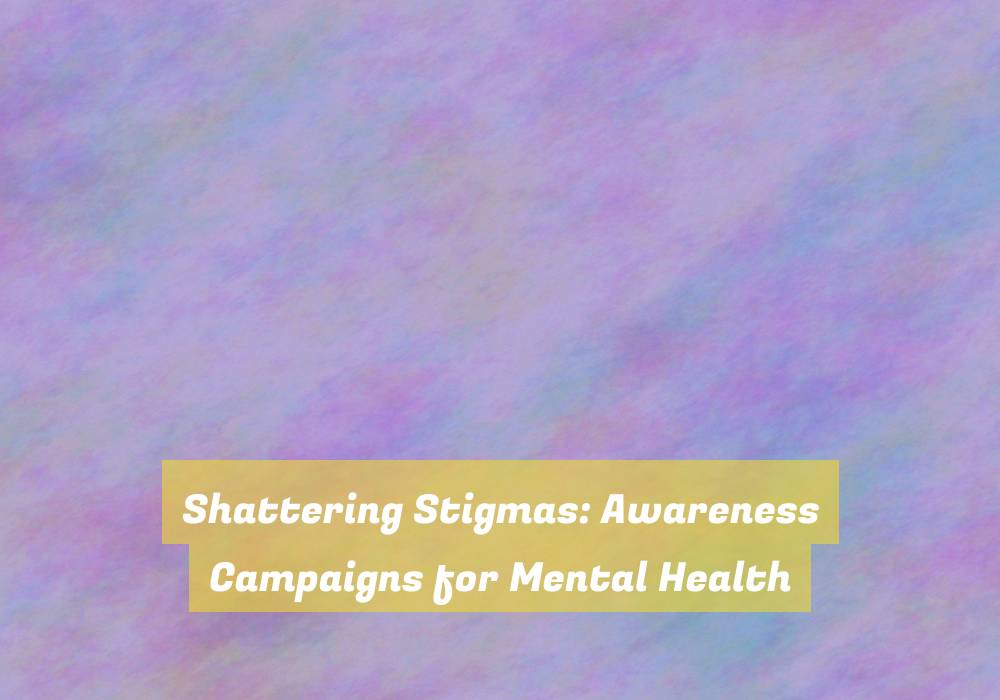
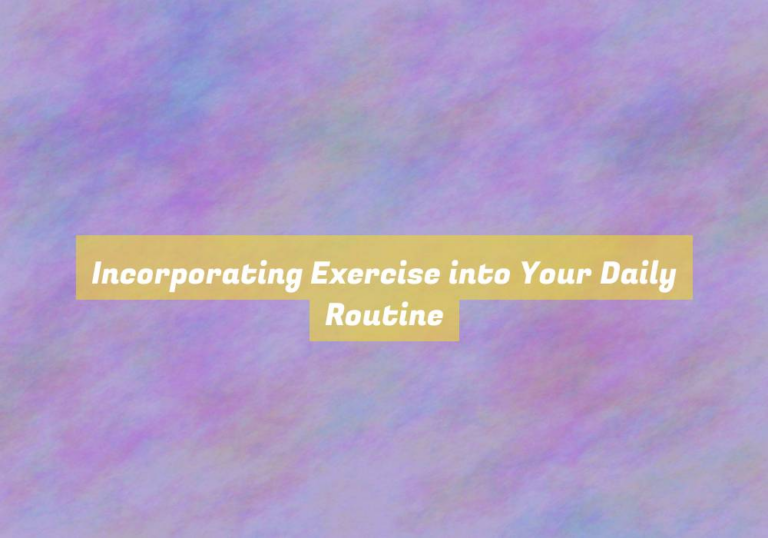
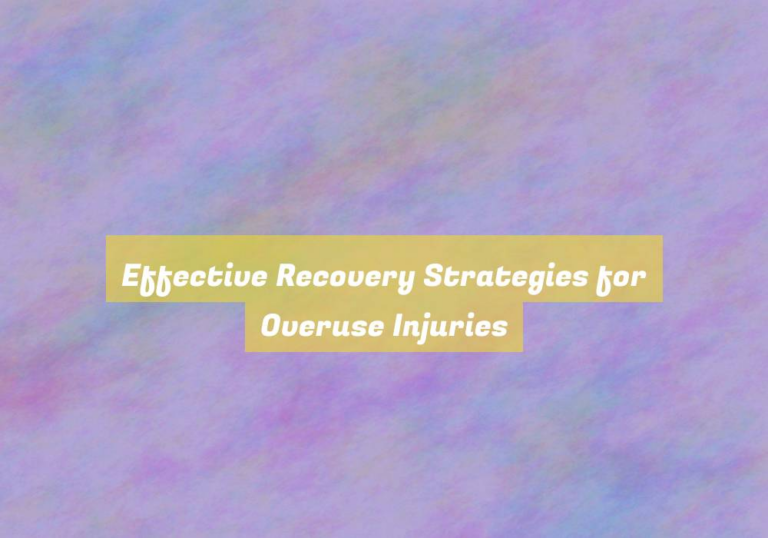
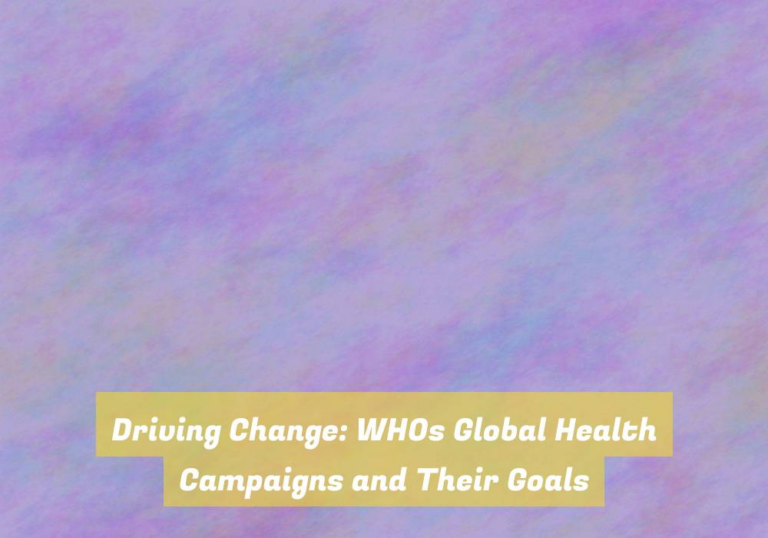
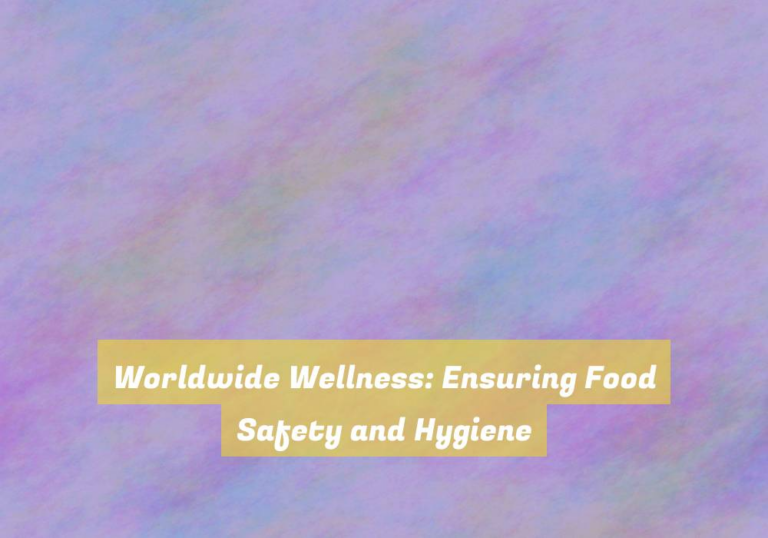
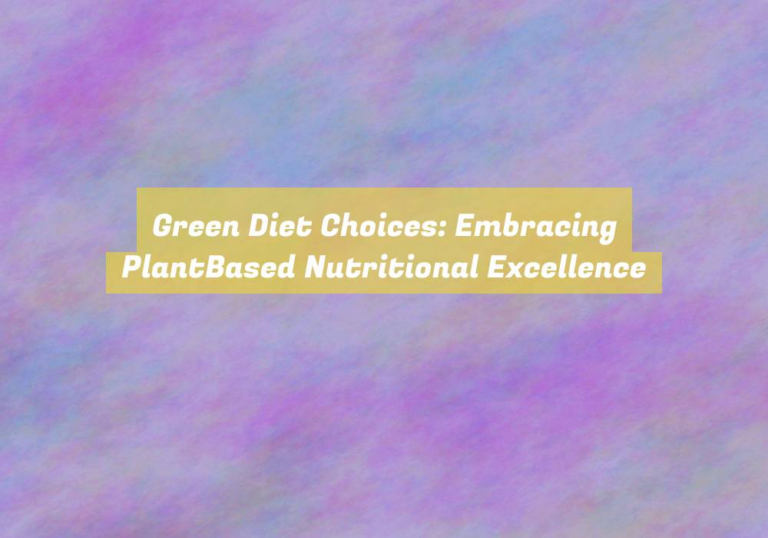
Your insights into the role of social media in reshaping the narrative around mental health are both timely and important. However, as we celebrate these advancements, it is crucial to remain critical of their limitations and potential pitfalls. The digital landscape presents a double-edged sword; while it indeed facilitates sharing and connection, it can also amplify misinformation and superficial understanding of complex issues.
I appreciate your thoughtful observations on the dual nature of social media’s influence on mental health narratives. It’s true that while these platforms have fostered a degree of openness, their inherent challenges cannot be overlooked. Social media is like a crowded café: it can be a place of community and understanding, but it’s also where half-formed ideas can spread quickly, often leading to confusion or misinformation.